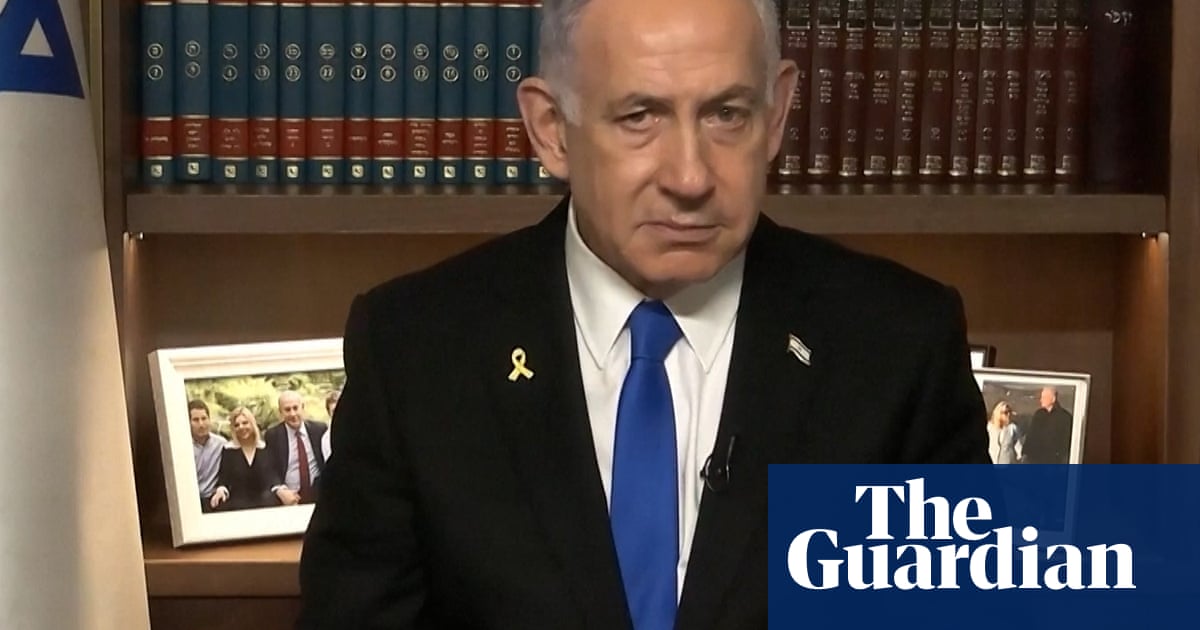The article examines a significant shift in the UK’s diplomatic stance towards Israel, especially following the recent statements by British Foreign Secretary David Lammy regarding the Israeli cabinet's rhetoric. This development suggests a growing concern among Western allies about the actions taken by the Israeli government, particularly in relation to the situation in Gaza.
Changing Diplomatic Language
The use of strong language by Lammy indicates a departure from previous, more neutral diplomatic expressions. By labeling Israeli actions as "extremism" and "monstrous," the UK is positioning itself in a more critical light, which could influence other nations to reassess their own stances on Israel.
Pressure Tactics on Israel
The article mentions three primary methods of exerting pressure on Israel: arms embargoes, recognition of Palestinian statehood, and trade relations, particularly with the European Union. The emphasis on these methods reflects a growing frustration with the current Israeli policies and suggests that diplomatic talks alone may no longer be sufficient.
Public Perception and Implications
The tone of the article attempts to cultivate a sense of urgency and moral clarity regarding the situation in Gaza. It seeks to resonate with public sentiments that are increasingly critical of Israeli actions. This language may also serve to galvanize support for movements advocating for Palestinian rights. The possibility of a trade suspension or arms embargo may be viewed favorably by those who oppose Israeli policies, while it could alienate those who support Israel.
Potential Manipulation
There may be an element of manipulation in the article, particularly in how it frames the UK’s shift in language as a response to “dangerous” actions by Israel. This language could be seen as an attempt to unify public opinion against Israel and rally support for more aggressive diplomatic actions.
Connection to Broader News Trends
When compared to other news articles covering the Israeli-Palestinian conflict, this piece aligns with a trend of increasingly critical Western narratives about Israel. It is indicative of a larger discourse surrounding human rights and international law, which has gained momentum in recent years.
Economic and Political Repercussions
The implications of this article are broad, potentially affecting international relations, trade policies, and public opinion. Countries that have been hesitant to criticize Israel may feel compelled to follow the UK's lead. Economically, changes in trade agreements could impact various sectors, particularly those linked to defense and international trade.
Support from Specific Communities
This narrative may attract support from communities advocating for Palestinian rights, human rights activists, and those opposed to militarism. By highlighting these issues, the article appears to target audiences that are more progressive or left-leaning in their political beliefs.
Impact on Global Markets
In terms of financial markets, the article’s implications could lead to fluctuations in stocks related to defense and trade with Israel. Companies involved in arms exports or trade with Israel might experience volatility based on public perception and potential policy changes.
Geopolitical Relevance
The article is significant in the context of global power dynamics, especially with ongoing tensions in the Middle East. The UK’s stance could influence other countries' approaches and contribute to shifts in alliances and diplomatic relations.
Use of AI in Reporting
While it is unclear if AI was used in the writing of this article, the analytical style and structured argumentation suggest that it could have been enhanced by AI tools. If AI were involved, it may have helped in framing the narrative to emphasize urgency and moral clarity, potentially guiding the reader's perception.
The overall reliability of this article can be considered moderate to high, given the credible sources referenced and the serious tone of the discussion. However, the potential for bias through language choices and the framing of issues indicates a need for critical consumption of the information presented.
